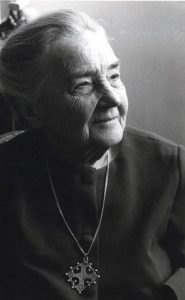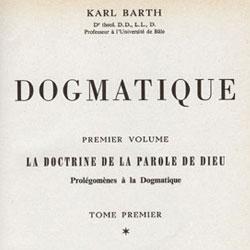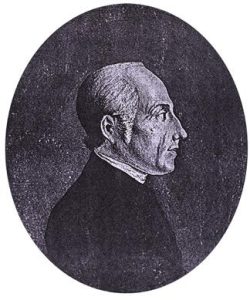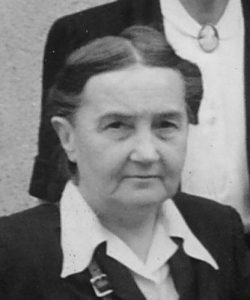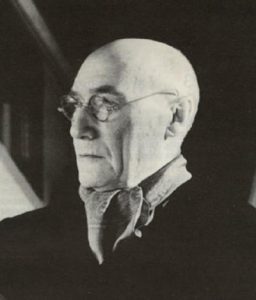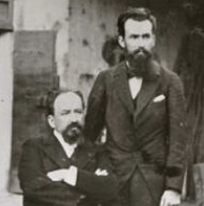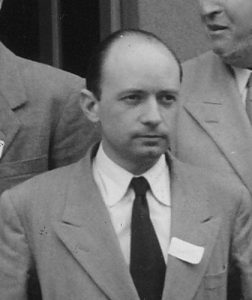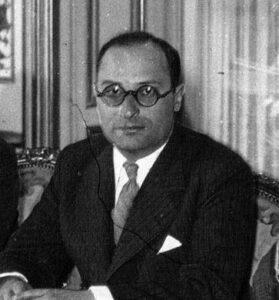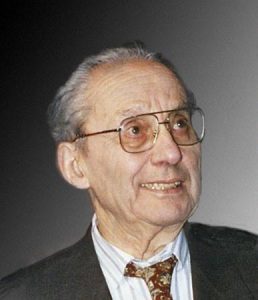From engineering studies to Bible studies
Suzanne de Dietrich was born in Niederbronn in the Rhine valley, in a family of industrialists, followers of the Ban de la Roche faith, under pastors like Frédéric Oberlin and Tommy Fallot.
She studied engineering in Lausanne, where she also took part in the Christian Students Association’s activities. She graduated in 1913 and attended the congress of the French Federation of Christian Students associations -the Fédé- in 1914.
This major event in her life prompted her to get totally involved in the movement in spite of her severe physical handicap.
In 1916 she also became a member of the movement founded mostly by theology students, “Volunteers for Christ”, whose motto was “our generation will evangelise the world.”
She started common Bible study sessions at the Fédé, which were deemed revolutionary. She also promoted the idea that the Bible was not only a private meditation book, but the subject of biblical culture, to strengthen one’s faith, and available to everyone at every step of their spiritual development.
At the time she also took part in the discovery of Karl Barth (1886-1968), the great German theologian whose work was spread in France by pastor Pierre Maury (1890-1956) via Faith and Life magazine which influenced a lot of young theologians.
Ecumenical involvement and creation of the Cimade
In 1929, Suzanne de Dietrich was appointed vice-president to the Universal Federation of Christian Students, the spearhead of the then burgeoning ecumenical movement after WWI. She also initiated the first meeting of catholic, protestant and orthodox theologians in 1932.
From then on she presided over numerous multi-confessional bible study groups in France.
In 1929 she was appointed vice-president to the Universal Federation of Christian Students in charge of ecumenical and liturgical matters, and kept her position until 1946.
In 1937 she took part in the first world youth lecture mainly focused on bible study.
She was a member of the consulting committee for the creation of a “method for bible studies” later known as biblical Renewal.
In September 1939 along with Madeleine Barot (1909-1995) she took part in the foundation of the CIMADE (Inter-movement committee along with evacuees) required by the tragic human problems refuges and evacuees were confronted with.
In 1941 she was one of the 16 pastors and lay people – among which 3 women – who wrote the declaration called Thèses de Pomeyrol (Pomeyrol Theses), advocating the resistance of the French Reformed Church to Nazism.
During the war she stayed in Geneva and supported Christian Students’ Associations, wrote about their history, and also her most famous book entitled Le Dessein de Dieu (God’s Will) – a true account of a biblical itinerary for all believers, and very often used in catholic seminars. It was published in 1945 and translated into 13 languages.
Last activities
In 1946 she took part in the foundation of the new Ecumenical Institute at Bossey in the Swiss Vaud region, a sort of laboratory where ecumenicalism was a way of living. She was in charge of training lay people for ecumenical work. She stayed there for 8 years.
In 1954 she settled in Paris but often travelled to North America and Canada where she taught in theology faculties.
In 1958 she became a member of the Board of directors of the CIMADE, and in 1962 she belonged to the newly created “Teams of biblical research.”
Suzanne de Dietrich was nominated Doctor Honoris Causa in theology by several universities in North America and Europe.

